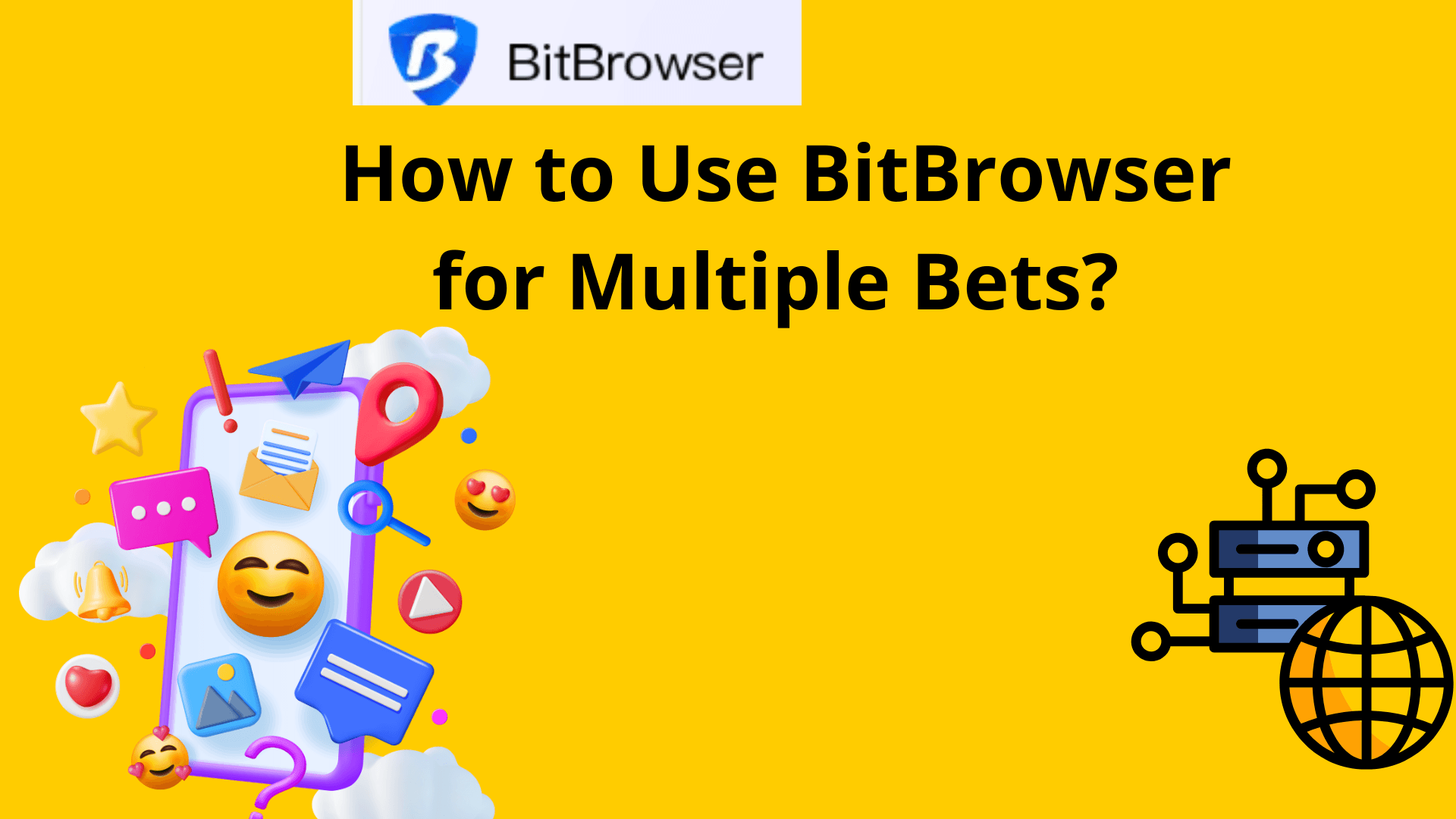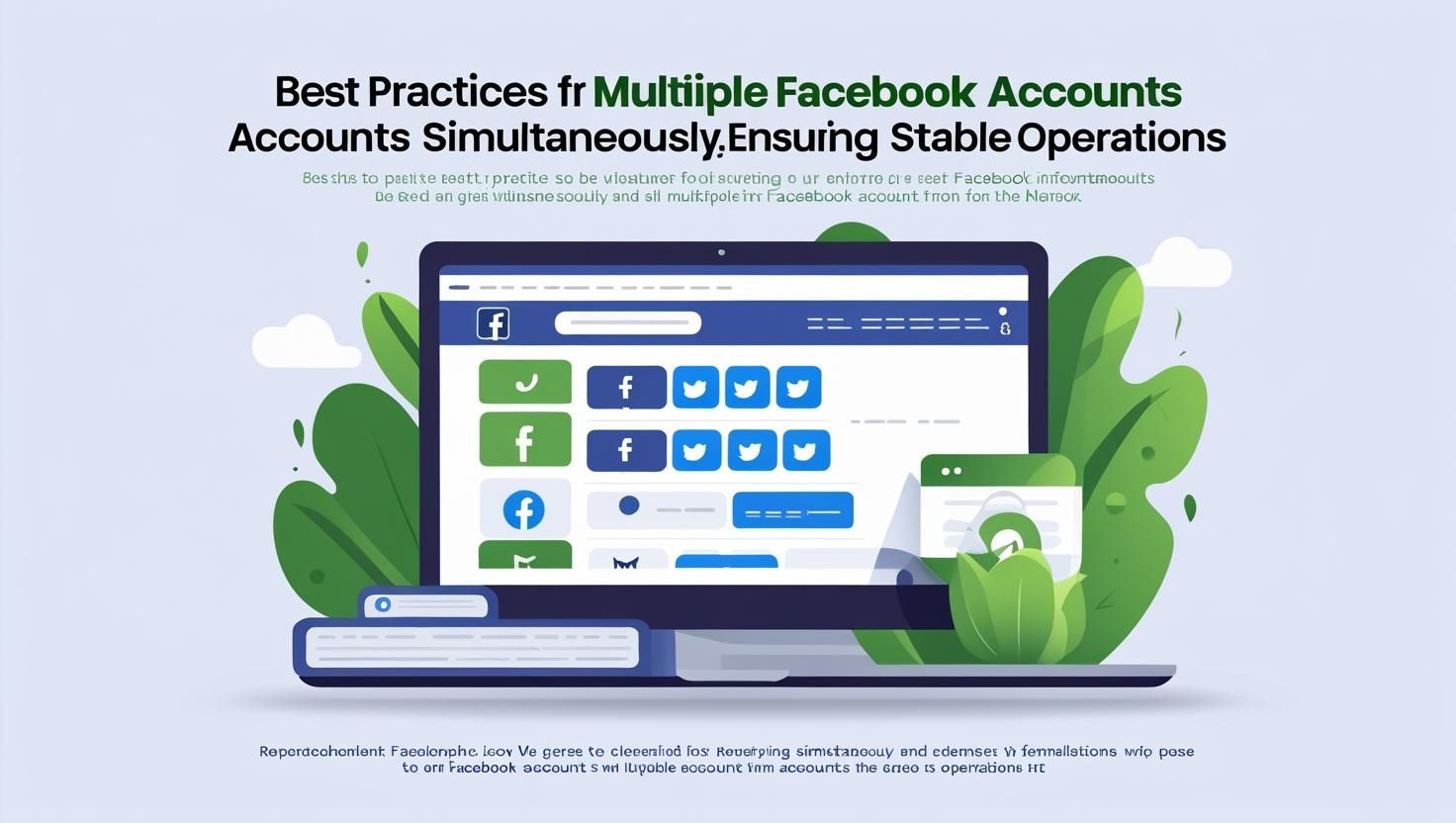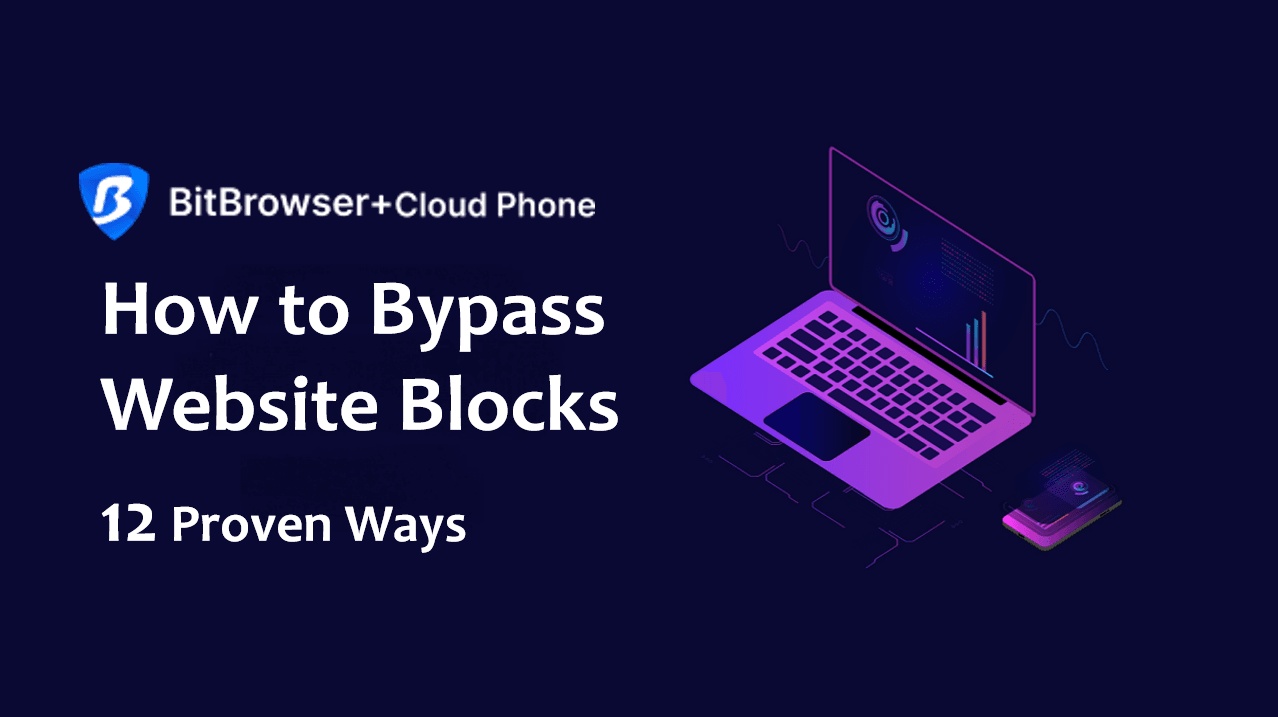


what is a residential proxy
 2025.07.12 00:34
2025.07.12 00:34A residential proxy is a type of proxy that uses an IP address assigned by an internet service provider (ISP) to a real home user. In simple terms, when you connect to the internet through a residential proxy, your traffic appears to come from a real residential device (like a home computer or mobile phone), not from a data center.
Key Features of Residential Proxies:
Real IP addresses: These IPs belong to real users and are less likely to be blocked.
High anonymity: They make it hard for websites to detect you're using a proxy.
Used for legitimate-looking traffic: Ideal for web scraping, sneaker bots, social media management, and bypassing geo-restrictions.
Advantages:
Harder to detect and block
Good for accessing geo-blocked or restricted content
Useful for websites with anti-bot systems
Disadvantages:
More expensive than data center proxies
Slower speeds (since they route through real home networks)
Limited control over IP rotation unless using a proxy provider
Example Use Cases:
Scraping websites like Amazon or Google without getting blocked
Managing multiple social media accounts
Accessing region-locked content like streaming services
Automating tasks on retail websites (e.g., buying limited edition sneakers)
Let me know if you want a comparison between residential and data center proxies or a list of top providers.


 Multi-Account Management
Multi-Account Management Prevent Account Association
Prevent Account Association Multi-Employee Management
Multi-Employee Management



